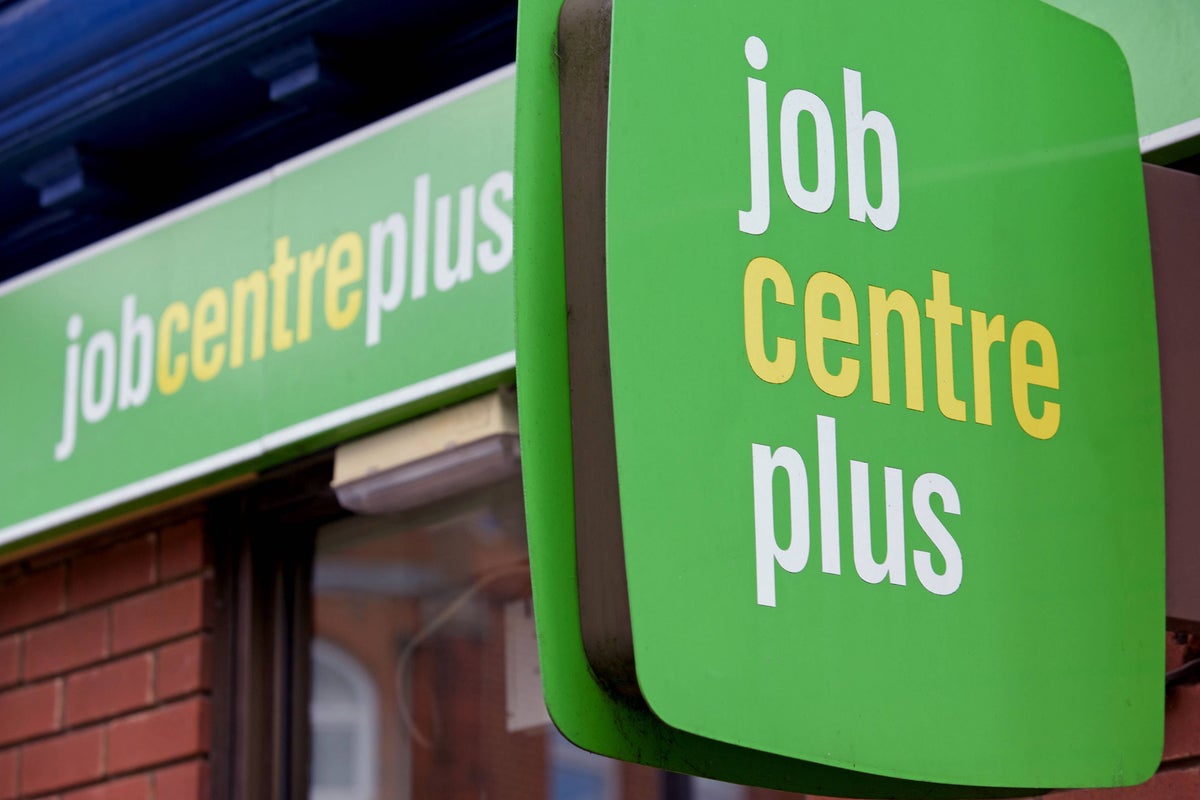The UK’s economic recovery has stuttered just two days after Rishi Sunak called a General Election, as official figures released on Friday showed that retail spending slumped by more than expected last month.
The data released by the Office for National Statistics (ONS) showed that retail sales across the UK plunged by 2.3 per cent in April, following a 0.2 per fall in March.
Economists had been expecting a softer decline of 0.6 per cent for the month.
Across non-food shops, which the ONS says includes clothing and household stores, sales volumes tumbled by 4.1 per cent in April. This was the joint steepest fall since January 2021.
The annual retail sales volumes will make further grim reading for the prime minister as they were 2.7 per cent lower than in April 2023 and 3.8 per cent below their pre-coronavirus pandemic levels.
Clothing retailers, sports equipment, games and toys stores, and furniture stores were particuarly badly hit by shoppers staying away from the High Street.
Department stores and online retailers were among the few industries to see sales improve last month.
The ONS said that the torrential downpours and storms that hit Britain last month had contributed to the low footfall reported by retailers.
Mr Sunak will hope for an improvement in the next set of figures as the economy will be a key battleground in the run up to the election on 4 July.
Alongside his chancellor, Jeremy Hunt, Mr Sunak has claimed in recent days the economy is on the right path after recent figures showed a fall in inflation and stronger than expected economic growth of 0.6 per cent at the start of the year.
However these latest retail figures will dampen the mood at Tory HQ, as shoppers hit by years of high inflation and rising prices still appear hesitant to spend.
Oliver Vernon-Harcourt, head of retail at Deloitte, said: “April’s retail sales were more disappointing than expected, once again being dampened by wet weather, deterring shoppers from the high street and impacting the sale of seasonal items.
“Though consumer confidence continues to rise, many remain apprehensive and are not yet loosening their purse strings, especially on non-essential items and goods such as clothing and footwear.
“Consumers are focused on value, with the likes of own-label food remaining resilient.
“Overall, this is a clear sign that, despite inflation easing, retailers’ road to recovery will require them to continue to invest into product ranges that target consumers of all budgets.”
Charlie Huggins, Manager of the Quality Shares Portfolio at Wealth Club said the figures showed that the UK consumer “isn’t out of the woods” yet as prices are still far higher than a few years ago.
He said: “Retail sales volumes came in much worse than expected in April. Wet and dull weather looks to be the major culprit causing consumers to hunker down, rather than venture out to the High Street.
However, I’m not sure the finger can be pointed entirely at the weather Gods. Although online sales held up better than those in stores, they still fell by 1.2%. And there were declines across nearly every category, including food and fuel.
While we should be careful not to over-interpret these weather-impacted figures, they do indicate that the UK consumer isn’t out of the woods. Inflation may have moderated, but prices of most goods and services remain much higher than a couple of years ago. This continues to instill a sense of caution in consumer behaviour.”
With a looming general election likely to add to the uncertainty, retailers could be in for a tricky few months.”
TUC General Secretary, Paul Nowak said the disappointing figures showed that the pressure on household budgets is “far from over.”
He said: “We need people to be able to spend in their local economies to boost growth and businesses. That’s the only way we’ll be able to achieve a sustainable recovery.
“But today’s slump in retail sales shows that families are still struggling with the cost of living crisis – with millions having to cut back.
“The huge pressure on household budgets is far from over. A toxic combination of soaring prices – and 14 years of flatlining wages – has shredded incomes.
Source: independent.co.uk



